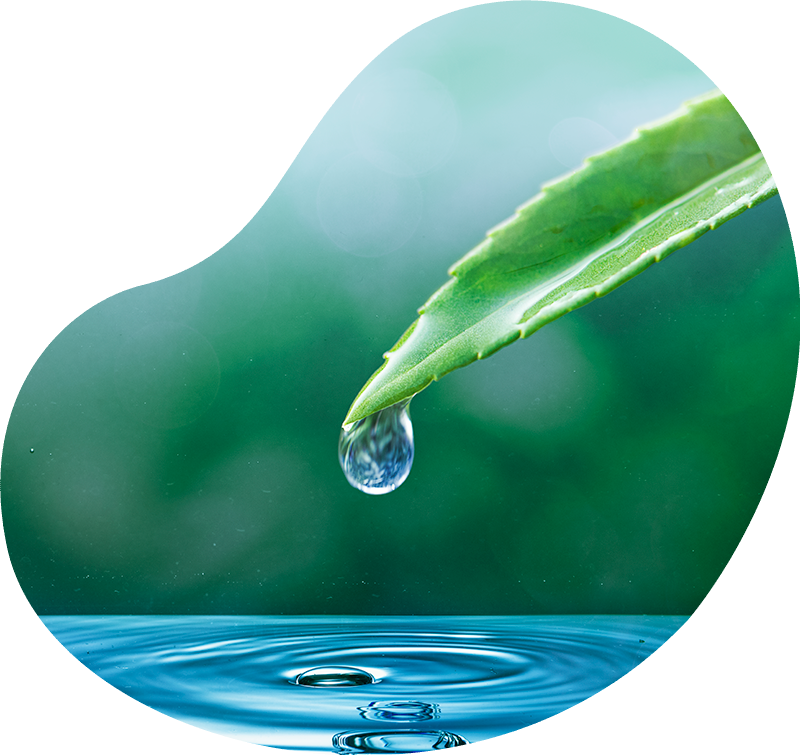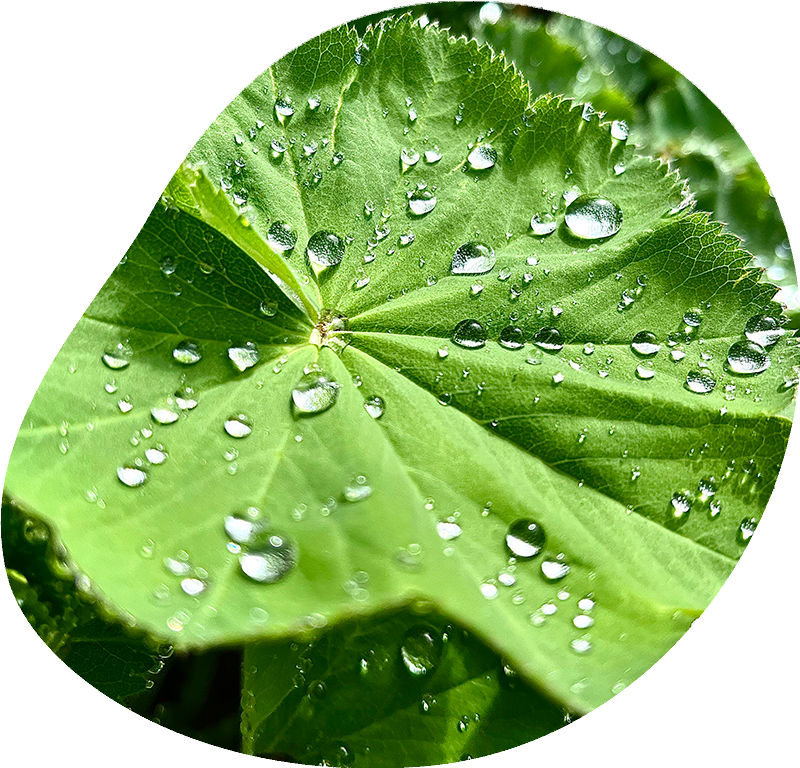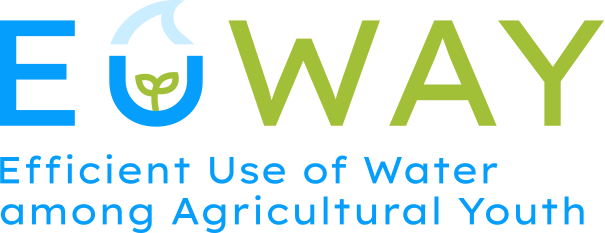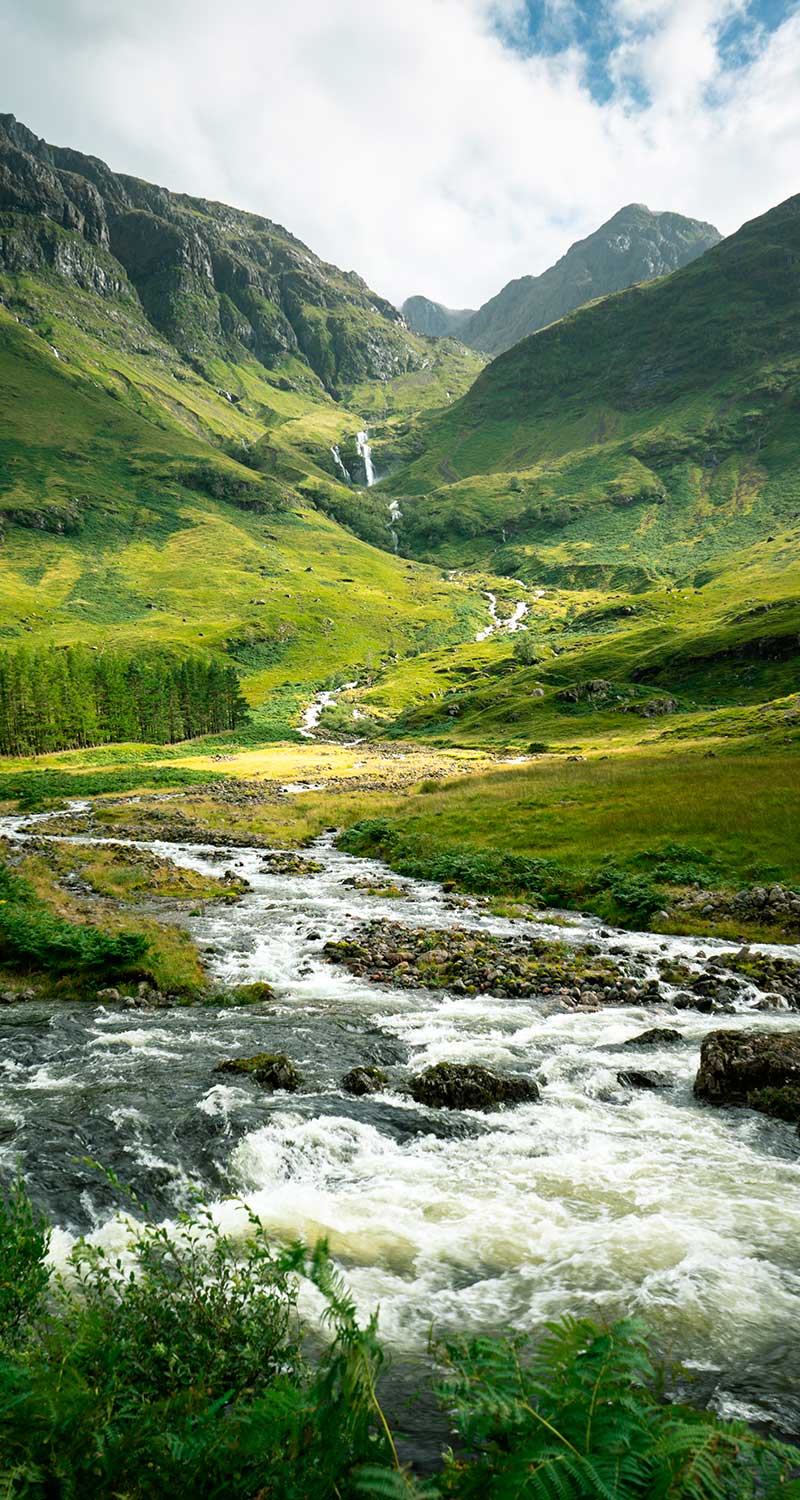

In recent years, climate change has caused a remarkable instability which is affecting the availability and quality of water in many European regions. The lack and difficulty of managing this matter, not only within the farming sector, is generating tensions between regions and enterprises due to the availability, quality and distribution of water. Considering also the fact that certain products are of notably high water demand and that in certain countries the hydraulic network for agricultural activities is old with many leakages, the gravity of the presented issue is imperative.
This evidence and missing short-term and long-term solutions/ perspectives for sustainable solutions build the basis for this project aiming at:

Raising awareness about the danger of water shortage and the risks of pollution

Training allowing to optimize the use and quality of water resources

Exchange of examples related more efficient and less polluting farming techniques.
Water is a primary resource for agricultural production as well as it is an important factor for other sectors and at the same time a public good with public interest behind. Agriculture as the main user of water resources has a significant responsibility in managing natural resources. And to widen further the topic: agriculture as a sector has influence on water usage; as well on climate change – at least the part of the change which is caused by humans.

The project wants to follow a bottom up approach which means learning from practitioners and making their knowledge, patterns and methods in the field of sustainable water management on farming, based on 3 elements:
Summary Guide
Case studies
Training modules
The project’s training methodology is based on the Open Educational Resources (OER) approach, thus developing digital training materials that will be available under a creative commons license allowing their use and distribution free of charge. The training materials will be available in English, Spanish, Slovenian, German, Italian and French languages.
The users of the final product will gain extensive knowledge of sustainable water management and be able to adapt useful input from other farmers from all across Europe to find adequate solutions for their specific situations as well as learning how to assist others struggling with the same issues.
Agriculture must be aware of the issue and prepare for its survival and the survival of rural areas. Farmers are not only forced by the circumstances but willing to consider new agricultural management strategies that redefine water management that will best adjust our farms to the conditions provided, while maintaining high quality of products.
It is essential to build knowledge, skills, attitudes and values related to excellent and sustainable water management on farms. The exchange within project work and within entrepreneurial experiences will enrich and speed up necessary developments of the sector within the whole of Europe.

